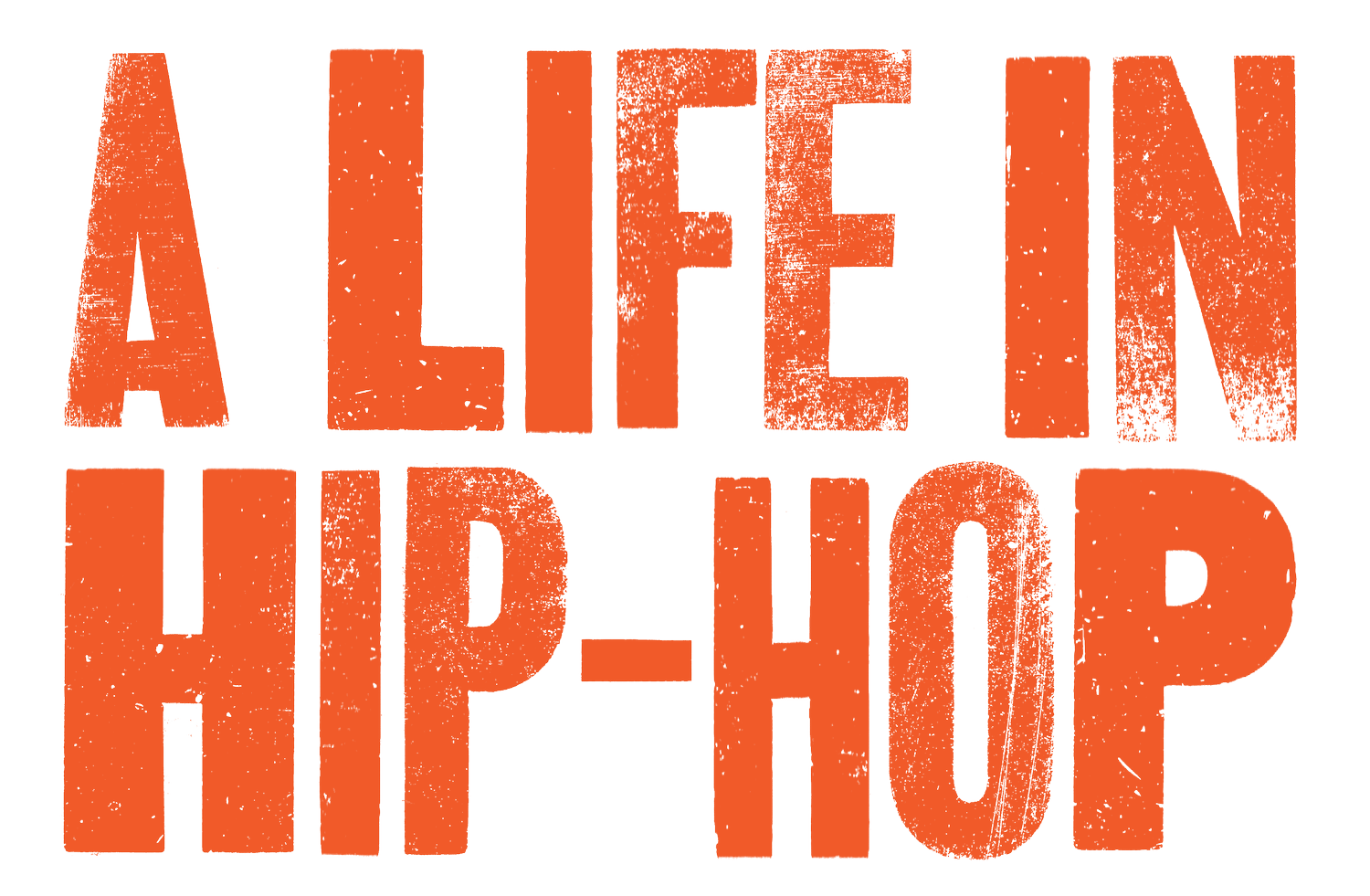
the Talk show
ProfileMani Draper’s World
By Nia Coats, Lucky Seven Mag
Photo: Henry J. KeithHip-Hop is such a storied genre, and for so much of the genre, the lives of the listeners paralleled with the music. It is one of the only art forms that shows what was and is happening in the homes and communities of Black people here in the States, now, the world.
In the life of the Richmond California-based rapper, and multifaceted artist, Mani Draper, hip-hop has helped craft his entire identity. His relationship is similar to the bond that serious anime fans have with their favorite anime show. “So much of it is like fantasy,” Mani started. “It's people making up characters and making up costumes and leaning into these characters and telling these stories.”
Mani found his truly intimate love for hip-hop with the help of his family. The first-hand experiences from artists like OutKast reflected the real-life stories he was watching his cousins live through. “That shit was spooky,” Mani said. “That was like, really spooky.” So much of the music was introduced to him by his family members.
“When my aunt was like 15, she babysat me,” he said. “So I’m going with her to get CDs, and she’s getting Wu-Tang Clan’s ‘Return to the 36 Chambers,’ and shit.”
To him, those early years of hip-hop were like watching a WWE wrestling match. It wasn’t until the music moved from the street and onto the internet, did he see that everyone was working to bring themselves into the music being made. “It's like a before Christ and after type of thing. That's how I think about it, at least,” he said.
Mani went from viewing the genre as a WWE performance to seeing it as a religion for him to partake in. There was an increased individuality in the music. People like Kid Cudi were able to express themselves without all the embellishments of the genre.
“It got hella regional, and then it was just so much discovery to take place,” Mani said thinking back to the blog era. “I had to know what Pac Div and Overdoz. and folks were doing in LA. Because it was just like, they were so unique. TDE was so unique when they pulled up, but they were also hella familiar.”
At the time it seemed like people were emerging with music from the cracks of their forgotten cities in droves. Wiz Khalifa was so influential that everyone was showing up one day having a blonde patch of hair at the front of their head, HBK (short for Heartbreak Gang is an American hip-hop collective based in Richmond and the San Francisco Bay Area, founded by Iamsu!, Chief, Skipper and P-Lo in 2008) helped bring the Bay back to the forefront of music, and Dom Kennedy, who Mani felt was the same as Jesus for the time.
All the artists from the time were crossing paths, they all intertwined in some way and it is the same for Mani. The day before we spoke he spoke with his father about Ice Cube’s Joe Rogan interview, and it made Mani think about how people can communicate different parts of themselves through art, and hip-hop being one of the leading art sources that drive that communication.
Today people like Pharrell have gone from super music producer to being creative director at Louis Vuitton. “They just go on this road of discovery,” Mani started. “That’s kind of how I’ve been approaching it, like being able to write for a magazine opened up a door to being able to write a script. Script writing opened up doing some consulting and eventually creative direction and film directing.”
Hip-hop was once seen as a money grab fad that would be long gone after the 1980s passed. In 1994 when Biggie said, “You never thought that hip-hop would take it this far,” just at the 20-year mark of the genre at the time. Today it is something that has become astronomical, anybody can be their version of a superstar.
“Hip-hop told me I can be anything, all my heroes do hella shit, and they just make it look cool,” he said. “And the ones that took it a little bit seriously and went to go study and went to go be an apprentice for someone and really strip themselves back down to nothing and keep recreating to add to their repertoire, really take shit on one. So I'm just trying to really take shit on one in that regard. But I got that empowerment through hip-hop figures, for sure.”
Nia Coats is an independent journalist located in the Bay Area who covers topics on music, culture, and life. She has bylines with the Okayplayer, San Francisco Chronicle, KQED, and her own music and culture publication, Lucky 7 Magazine.
